ESPN Faces Criticism for Overloading Coverage with Stephen A. Smith
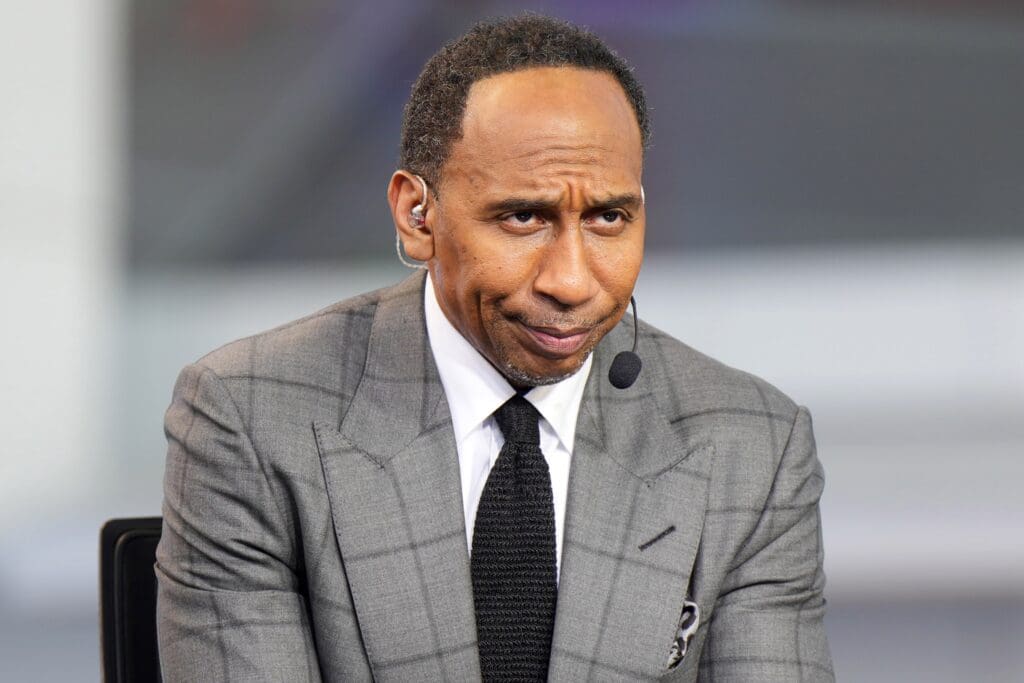
Stephen A. Smith is a ratings magnet. He drives conversation, commands attention, and dominates headlines. But for ESPN, that might be exactly the problem. In the aftermath of the NBA Finals, fans and media critics alike are questioning whether ESPN’s wall-to-wall coverage featuring Smith has begun to wear thin. From First Take to NBA Countdown, and now heavily featured in NBA Finals coverage, Stephen A.’s constant presence is raising concerns about viewer fatigue. Critics Say It’s Diluting the Big Moments Nick Wright of FS1 was among the first to voice his concerns publicly. He praised ESPN’s overall efforts but pointed out that the NBA Finals, despite their importance, didn’t feel distinct or memorable. And he believes Stephen A.’s overexposure is partly to blame. “If you use Stephen A. for all of your big stuff… if everything is him, it doesn’t feel special. It dilutes it,” Wright said. He referenced Scott Van Pelt as a contrast, a personality with a defined role and signature events like ESPN’s golf coverage, which keeps his appearances meaningful and memorable. Colin Cowherd Also Chimes In Colin Cowherd, who also previously worked at ESPN, echoed those thoughts. On his podcast, he compared the situation to how President Obama selectively uses his voice to maintain influence. “You can’t have an opinion every time Trump offends you… [Obama] makes it a 2-3 time a year, strong opinion,” Cowherd said. “Stephen A. doesn’t need to be on every major ESPN property.” Cowherd clarified his critique wasn’t personal, he maintains a relationship with Smith and even turned down a return offer from ESPN. But he still believes ESPN’s NBA coverage, particularly the Finals, felt “underproduced” and lacked the spectacle fans expect from such a marquee event. The Problem Isn’t Stephen A. Smith—It’s ESPN’s Strategy This isn’t an indictment of Stephen A. Smith’s talent or influence. He’s one of the most recognizable faces in sports media. The issue is ESPN’s over-reliance on him to carry every major event. Whether it’s the NFL, NBA, or even breaking news segments, Smith is the go-to guy. But when every moment features the same voice, the moments themselves stop standing out. For ESPN to regain the magic of its major broadcasts, it might need to work on its roster, not just for variety, but to give each event its own identity.
Simone Biles Exits Social Media After Online Feud
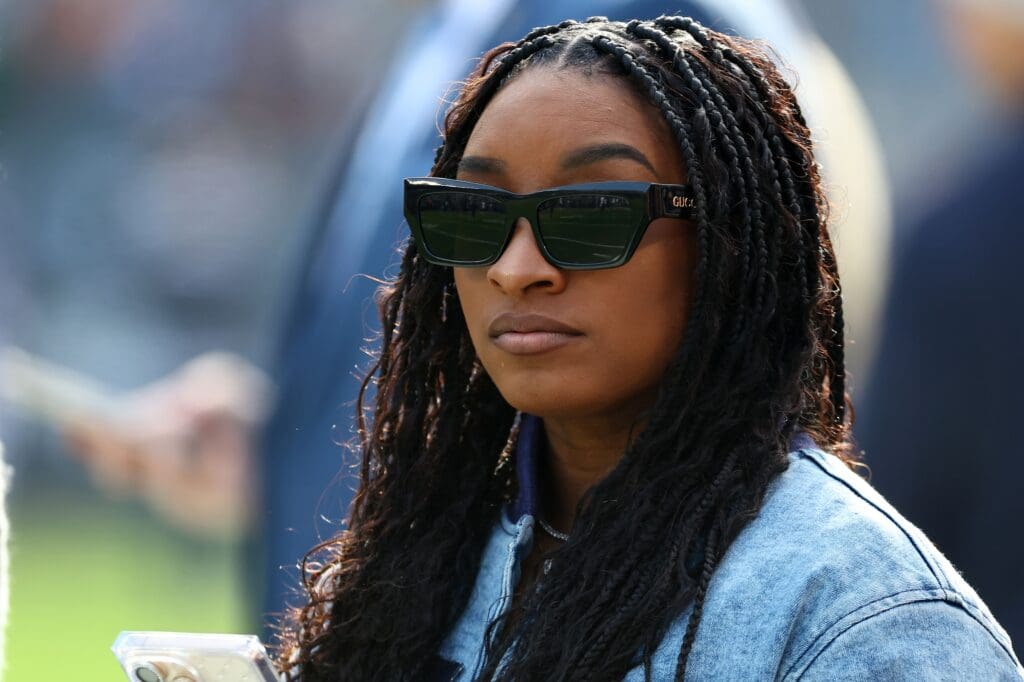
Simone Biles is no stranger to the spotlight, but now she’s facing a wave of criticism not for her performance, but for stepping back from social media. And it’s Riley Gaines, a former collegiate swimmer and vocal right-wing figure, leading the charge. After Biles’ X (formerly Twitter) account went inactive, Gaines took the opportunity to publicly taunt the Olympic champion. She reposted a screenshot of Biles’ now-inaccessible account and accused her of trying to “pretend it never happened,” referencing their recent online clash. “Sad to see such a phenom go down like this,” Gaines posted, adding that Biles was ridiculed for a “morally indefensible take.” Their feud stems from a post where Biles called out Gaines for bullying a transgender teenage softball player. Biles encouraged her to “uplift the trans community” instead of targeting vulnerable individuals. Gaines responded by referencing Biles’ past trauma involving disgraced doctor Larry Nassar and claimed Biles’ support for inclusivity would have cost her Olympic gold. Biles later apologized for the personal nature of her comment. Gaines did not. Mental Health Experts Call Gaines’ New Attack “Harmful” Monica Cwynar, a licensed clinical social worker, told HuffPost that Gaines’ latest comments were a “bad example” and an “unnecessary jab at someone in a vulnerable moment.” “It feels like piling on when someone is already down,” she said. “This kind of attack can harm someone’s mental health, even someone as successful as Biles.” Cwynar noted that Biles’ decision to deactivate social media may actually be a sign of strength, not weakness. “Taking a break from negativity allows individuals to regroup, reflect, and heal,” she explained. Why This Moment Matters For Simone Biles Cwynar emphasized the importance of respecting apologies and understanding their emotional cost. “When people are met with continued attacks after issuing an apology, it sends the message that vulnerability is met with contempt,” she said. Biles’ apology showed growth. Gaines’ refusal to back off sends the opposite message, one that may discourage others from owning their mistakes. And while everyone is entitled to their opinion, experts say taunting someone online doesn’t help anyone, especially when the target is already working to prioritize their mental health.
Ranking the 10 Quarterback Battles That Could Define the 2025-26 NFL Season
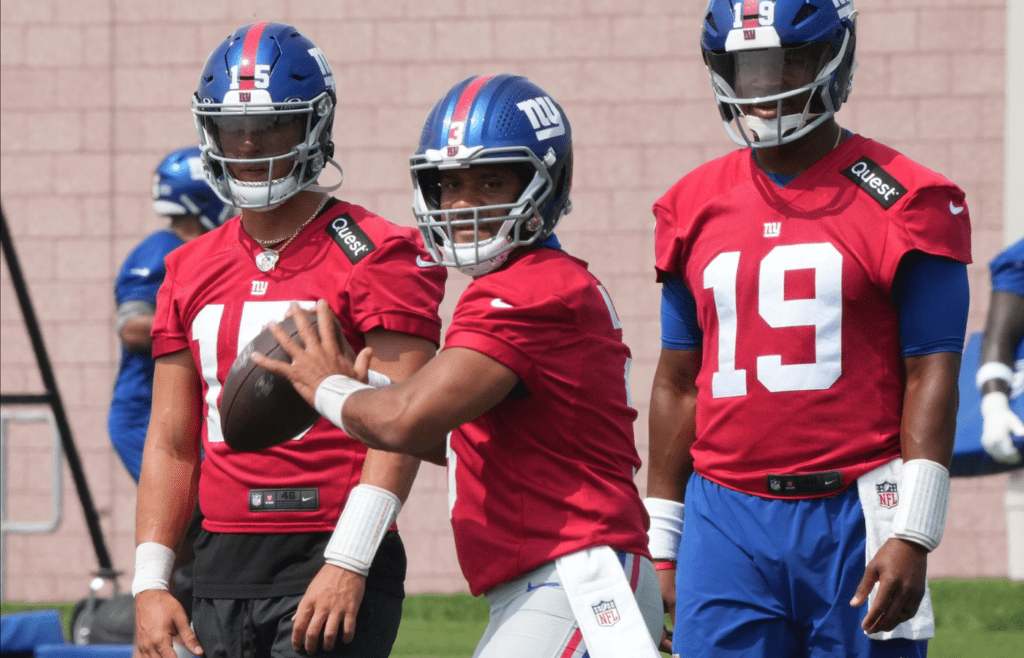
From rookies with sky-high potential to veterans, these competitions could shake up charts, playoff races, and maybe even coaching staffs.
20 NFL Wide Receivers Who Always Acted Like Big Babies
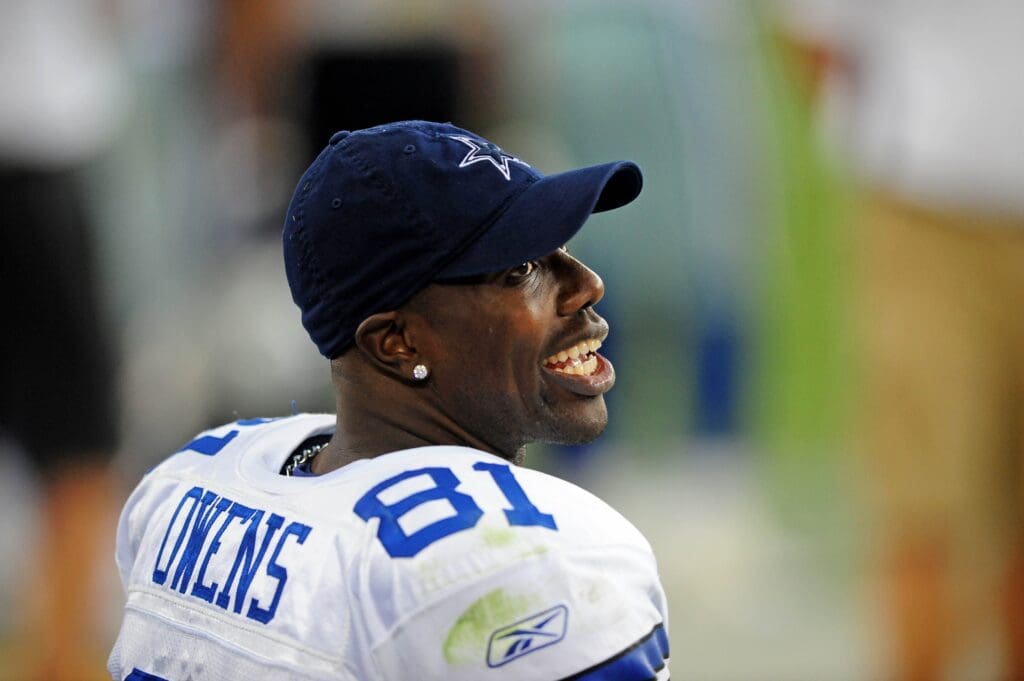
From legendary divas to modern-day drama magnets, here’s a countdown of 20 NFL wide receivers who always acted like big babies.
20 NFL Players Who Took ‘Old-School’ Way Too Literally
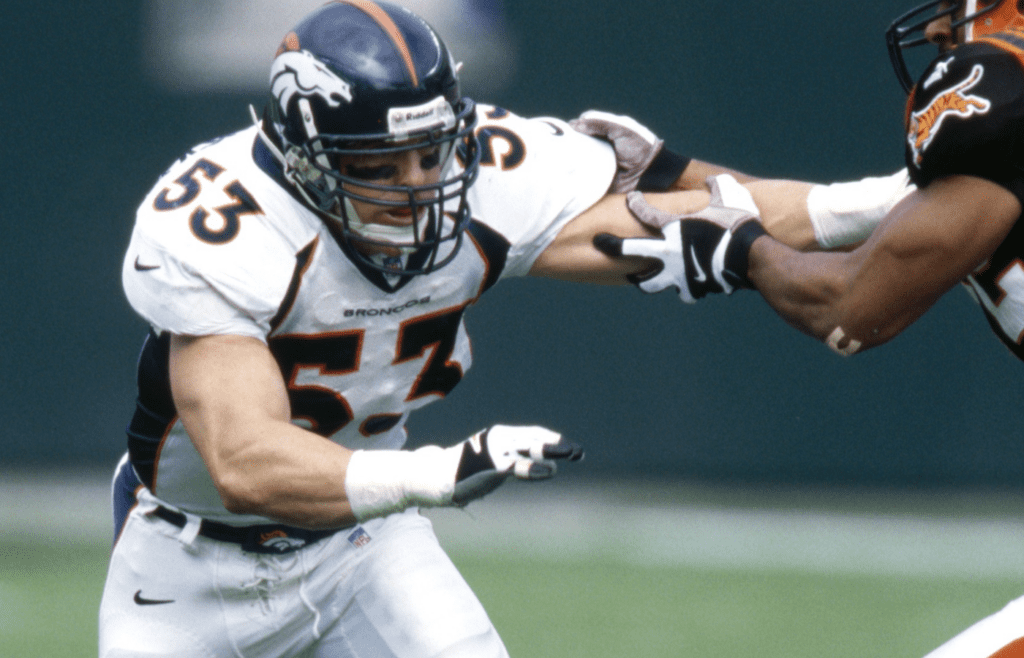
From fullbacks stuck in the ‘70s to linebackers who hit like it was still legal, here are 20 NFL players who took “old-school” too literally.
13 Childhood Candies That Disappeared for Good Reason

Whether confusing, overly gimmicky, or just flat-out weird, these sweet treats proved that not all nostalgia is worth reliving.
Ranking the 15 NFL Teams That Could Totally Implode in 2025–26
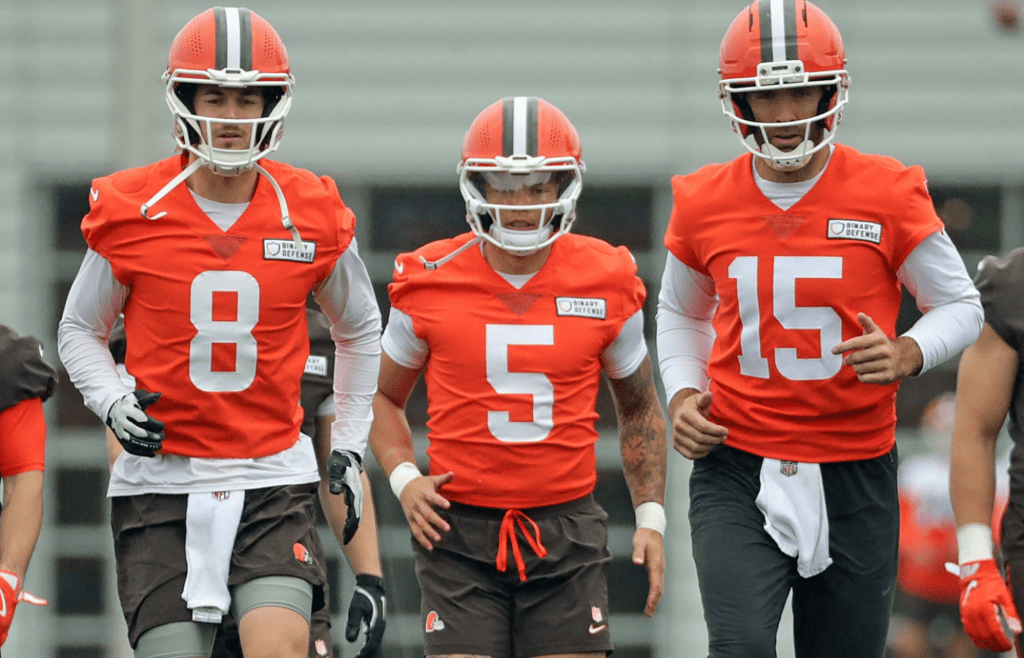
Whether it’s a rash of injuries or locker room dysfunction, a few teams always turn hope into disaster with remarkable speed.
The 20 Most Delusional Quarterbacks to Ever Play the Game
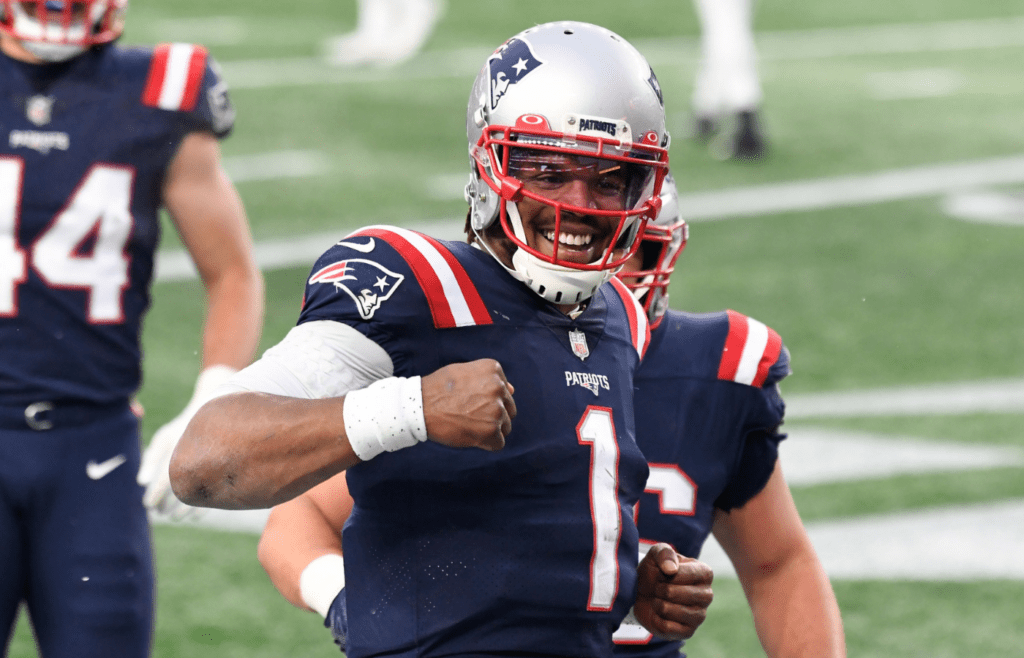
From backup QBs with main character syndrome to first-round picks, this list runs through the most overconfident signal callers ever seen.
The 25 Most Dull MLB Stars of All Time
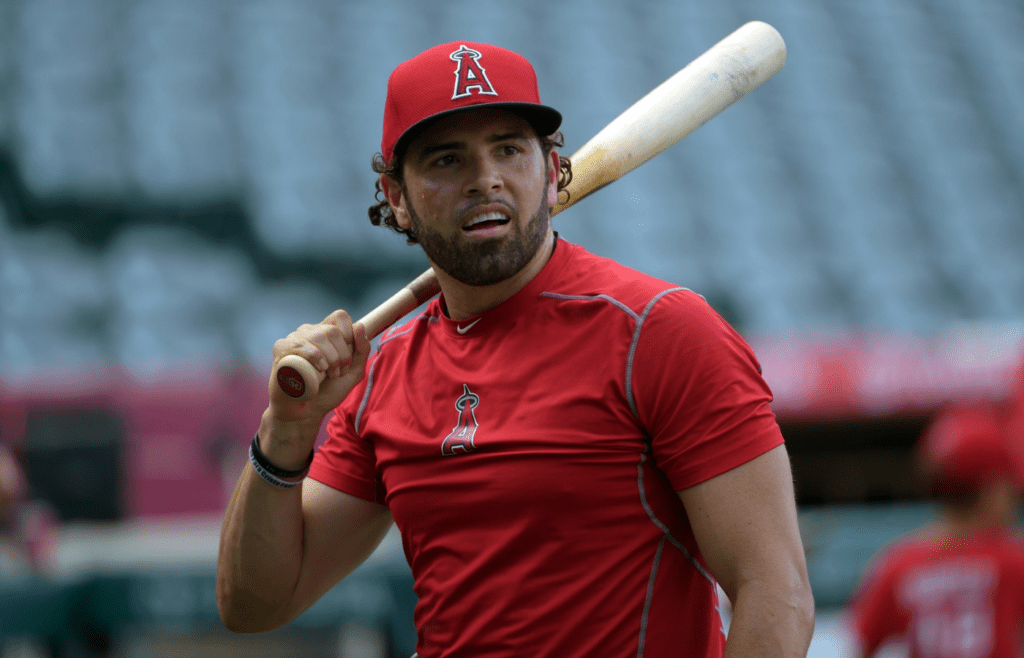
Not every baseball star lights up the room with their personality. A player blends into the background like a beige wall.
15 Reasons Why the Kansas City Chiefs Will Be the Best AFC Team in 2025-26
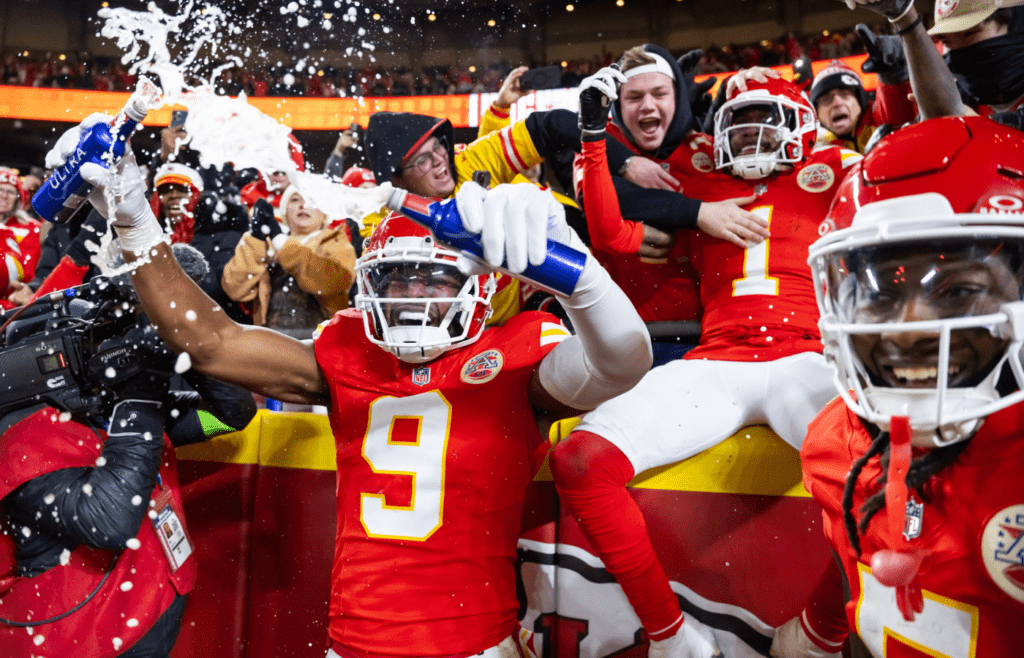
After falling short in Super Bowl LIX, this team isn’t just reloading—they’re coming back with a vengeance.

